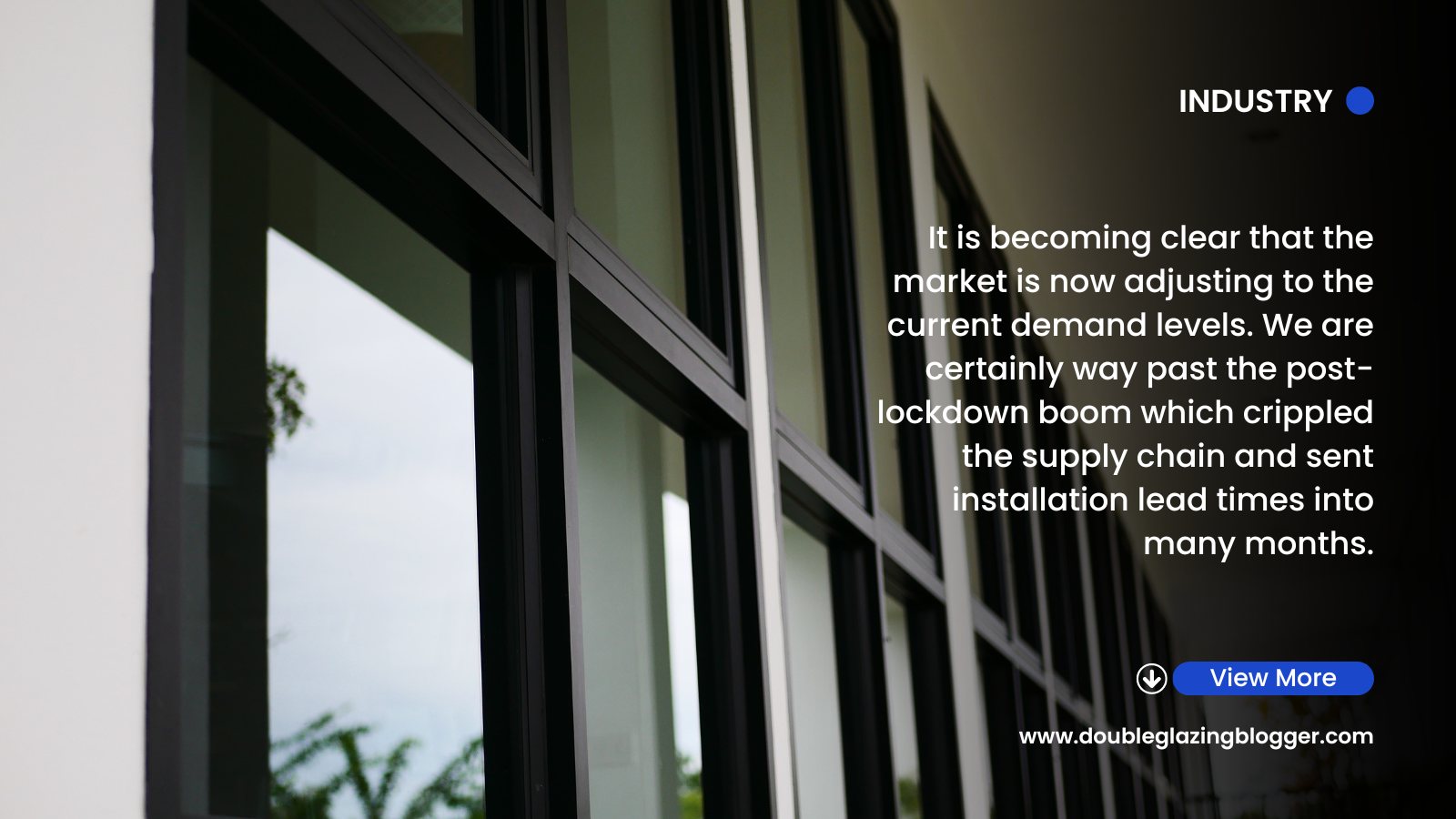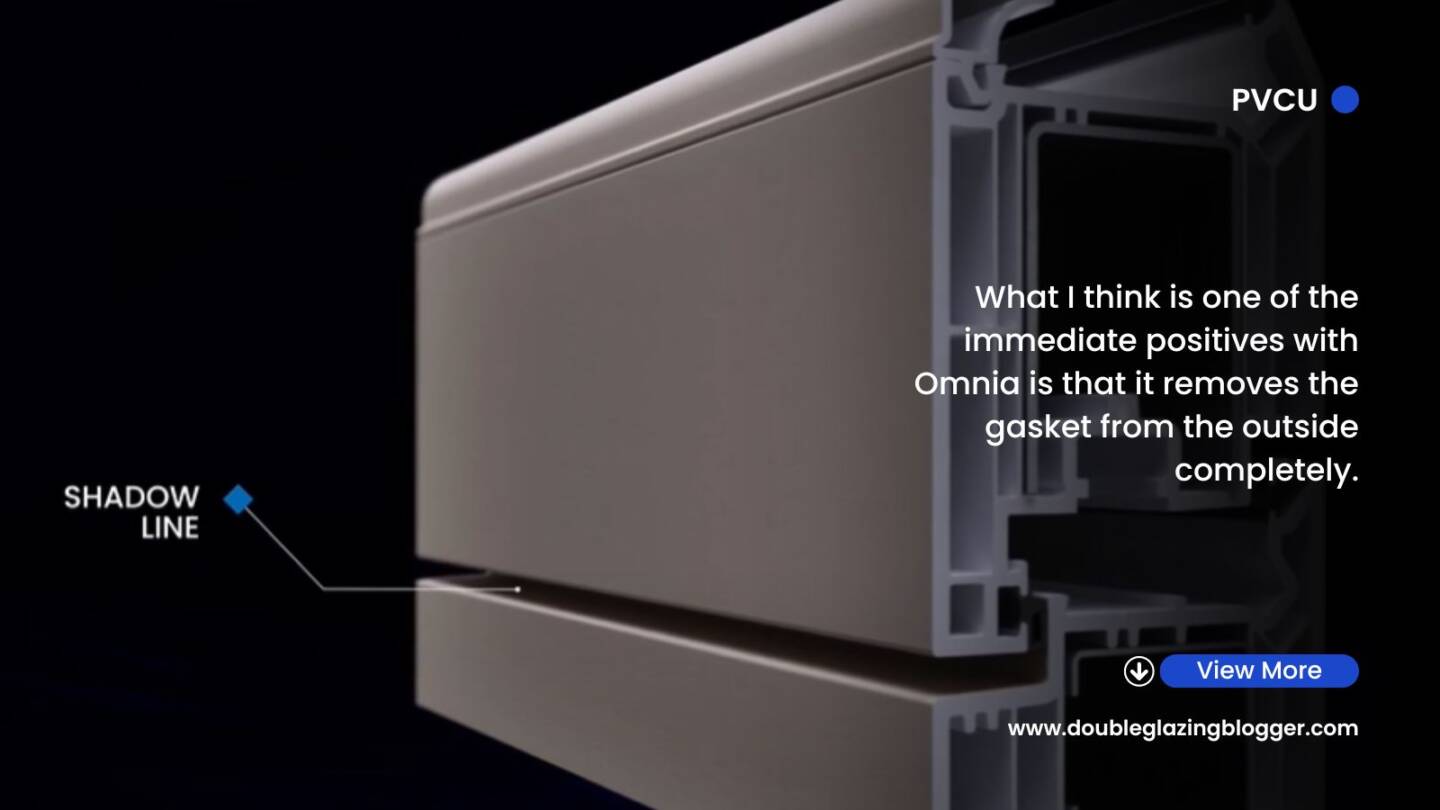A minimum order value is a figure an installation company will charge as the absolute lowest limit they would accept for work to be done.
The subject matter of minimum order values came up via a tweet from a company called T And R Home Improvement Specialists. This is what they said:
It started a debate around the use of minimum order values and their worth. In these extreme trading conditions, this is perhaps a good time to talk about it, and whether they have any merits.
Work is work
For clarity, I am not a fan of minimum order values. At our place, we will engage with a client whether it is one window or one hundred. To us, work is work. That one window you bother to spend time over may open the door to larger orders in the future from the same client, or they may pass your name and number on to their family and friends.
We generally come up against companies who have minimum order values that are larger regional or national installation companies. I imagine to them one door or a single-window is not worth their time or effort. They have a business model that doesn’t really allow for those kinds of sales.
But for a smaller company, this is how relationships are built. One window today can turn into six, maybe ten a year or two down the line. Or a set of doors, or perhaps a glazed extension. Once you establish that relationship with a customer the chances of you winning more business in the future greatly increase. Turn that customer away because the immediate business is deemed too small and you risk turning away a much larger portion of their business.
There is an advantage here for smaller, more agile companies that will take on smaller orders without minimum order. They look more caring, more agreeable, less greedy and more helpful. A company that tells a client that they won’t sell anything under a certain amount will come across as greedy. For the company following the one that does have a minimum order value then their job of winning that business has been made that little bit easier.
A way to manage business?
Although personally, I am not a fan of minimum order values, there are a couple of reasons as to why they are used.
The first is mentioned above, in that companies set up to deal with larger volumes won’t be interested in a single door or single window.
But the second is that they can be used to manage a business and allow that business to choose more selectively who they work with.
For example, if they believe the customer is going to be a nightmare, they may choose either to submit a higher-than-normal price in order to put them off using them, but not look like they are ignoring them either. Or they may just choose to say that they won’t entertain any work under a certain amount, effectively cutting the conversation with the customer dead.
During these incredible times that we’re operating in, businesses in UK fenestration are having to make decisions on who to deal with, as they seek to better manage their company in extreme conditions. Installers are no different. Many are under great strain, with the supply chain letting them down and staff working under huge stresses. You can imagine that some installers are looking at what they choose to take on because of the circumstances. Using minimum order values will cut down on having to service certain clients and let them focus on the larger jobs with healthier profit margins.
That is a very short-term way to view things, and I do have some sympathy as we’re all in a very tough time at the moment. But I do maintain that work is work and that one window or one door order, while not a big order right now, can spawn much bigger orders in the future that you might not otherwise have had if you chose to not take on that client.
To get weekly updates from DGB sent to your inbox, enter your email address in the space below to subscribe:
By subscribing you agree to DGB sending you weekly email updates with all published content on this website, as well as any major updates to the services being run on DGB. Your data is never passed on to third parties or used by external advertising companies. Your data is protected and stored on secure servers run by Fivenines UK Ltd.





